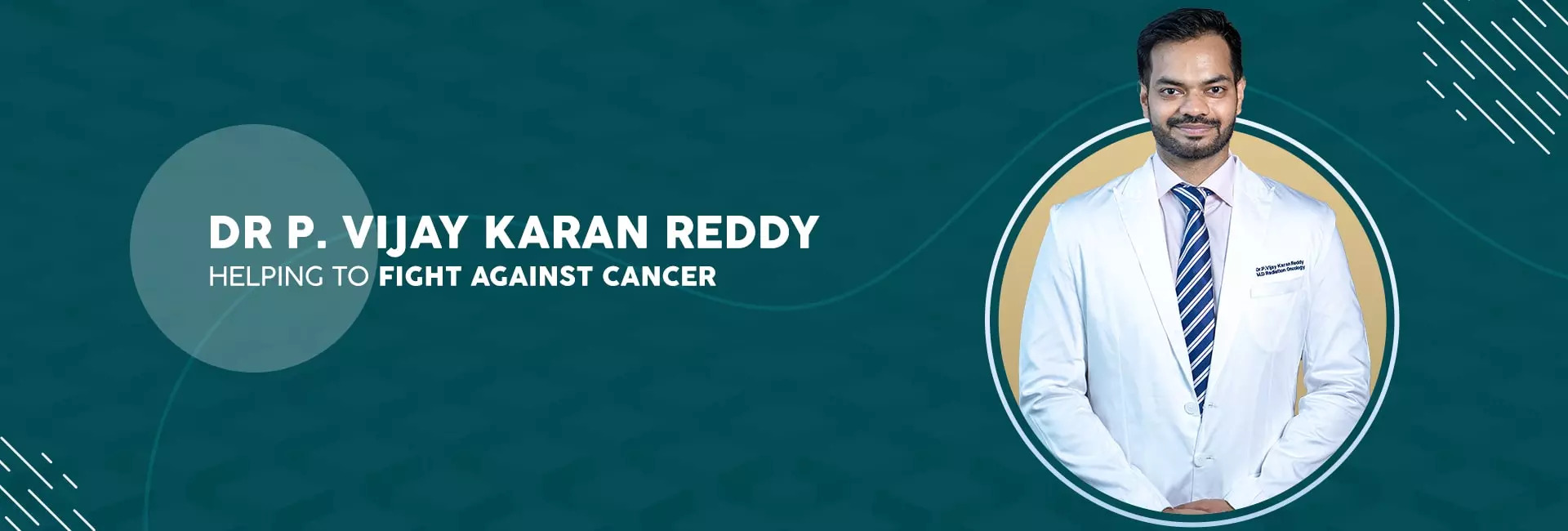Oropharyngeal cancer affects the middle part of the throat, encompassing the oropharynx, which includes the back of the tongue, the soft palate, the sides and back wall of the throat, and the tonsils. This form of cancer is significant not only because of its impact on vital functions like swallowing and speaking but also due to its complex relationship with both genetic and lifestyle risk factors.
Key Causes and Risk Factors of Oropharyngeal Cancer
HPV Infection
Human Papillomavirus (HPV): A leading cause of oropharyngeal cancer, particularly cancers of the tonsils and back of the tongue. HPV-positive oropharyngeal cancers are distinct from other forms of the disease, with different risk profiles and better responses to treatment.
Lifestyle Factors
Tobacco Use: Both smoking and smokeless tobacco significantly elevate the risk.
Alcohol Consumption: Heavy drinking is linked to a higher incidence of oropharyngeal cancer.
Other Risk Factors
Gender and Age: More prevalent in men and those over 40.
Diet: A diet low in fruits and vegetables may increase risk.
Symptoms of Oropharyngeal Cancer
Early detection is crucial for effective treatment. Symptoms often include:
Persistent sore throat
Difficulty swallowing
Unexplained weight loss
Voice changes or hoarseness
Ear pain
Lump in the back of the mouth, throat, or neck
If any of these symptoms persist for more than two weeks, consulting with a healthcare provider is strongly advised.
Diagnostic Procedures
Initial Evaluation
Physical Examination: Special attention to the throat, neck, and related structures.
Endoscopic Examination: To view the oropharynx directly.
Advanced Diagnostic Tools
Biopsy: Essential for confirming the diagnosis.
Imaging Tests: MRI, CT scans, and PET scans help determine the extent of the cancer.
Treatment Options
The treatment of oropharyngeal cancer depends on the stage of the disease, the patient's overall health, and whether HPV is involved.
Surgery
Transoral Robotic Surgery (TORS): Minimally invasive and increasingly preferred for early-stage cancers.
Radiation Therapy
Intensity-Modulated Radiation Therapy (IMRT): Targets tumors precisely while sparing healthy tissue, reducing side effects.
Chemotherapy
Often used in combination with radiation, especially in advanced cases.
Targeted Therapy and Immunotherapy
Cetuximab (Erbitux): An example of targeted therapy used for oropharyngeal cancer.
Pembrolizumab (Keytruda) and Nivolumab (Opdivo): Immunotherapies that have shown promise in treating advanced oropharyngeal cancer.
Prevention and Early Detection
HPV Vaccination
Strongly recommended for preteens and young adults to prevent HPV-related cancers.
Lifestyle Modifications
Smoking Cessation
Moderate Alcohol Consumption
Diet Rich in Fruits and Vegetables
Conclusion
Oropharyngeal cancer, with its complexities and significant impact on health, requires a multidimensional approach for effective management. Understanding the causes, recognizing the symptoms early, and accessing cutting-edge treatments can dramatically improve outcomes. Regular screenings and lifestyle adjustments, combined with advances in medical treatments, offer hope and improved quality of life for those affected by this challenging disease. For those seeking oropharyngeal cancer treatment in Hyderabad, Dr. Vijay Karan Reddy provides expert care as a leading Oncologist in Hyderabad, utilizing the latest in medical advancements to enhance patient outcomes.


